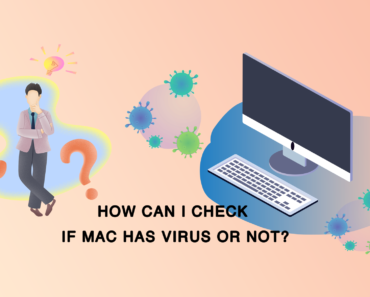What is net neutrality?
The term net neutrality was first put forward in 2003 by law professor Tim Wu. He advocated anti-discrimination rules for Internet Service Providers (ISPs) who should treat all internet traffic flowing through their cables equally. He argued that ISPs shouldn’t give preferential treatment to companies paying extra fees or limit anybody’s access to any content.
Net neutrality aims to create a non-discriminatory internet environment. In 2015, the Federal Communications Commission (FCC) passed a net neutrality order to keep the internet open and free. However, when the new FCC chairman Ajit Pai took office, he reversed the net neutrality order in 2018.
In October 2019, the Federal Court decided that the FCC has no right to ban net neutrality laws passed by individual states, but the FCC could classify ISPs into “common carriers” as they see fit. When ISPs are classified into “common carriers”, it means that net neutrality orders could come into effect again. Back in February this year, California was granted the right to bring in its own legislation regarding the net neutrality issue.
We can see that over the past few years, net neutrality has constantly been a topic of public concern. Why is it so important? And why do people support or oppose it?
Main pros of net neutrality
1. Freedom of expression
Under net neutrality, ISPs can’t block users’ access to any legal content on the internet. If they did have the power to do this, they could prevent you from accessing something they don’t want you to see, such as a site that competes with their interests.
2. Fair competition
Without net neutrality, ISPs could charge fees for putting websites into the “fast lane” – ensuring they load quickly and are seen by more people. Smaller companies would lag behind the bigger ones if they couldn’t afford the fee.
3. Equal access
Net neutrality ensures that ISPs can’t charge end users a fee for using important services, like email or online banking. Otherwise, it might take several minutes to open an email if you don’t pay the extra fee. With net neutrality, you can access any content at the same speed.
4. Privacy
Without net neutrality, ISPs could monitor users’ online activity because people would need to get their approval before they could access blocked content.
Main cons of net neutrality
1. Objectionable content
ISPs believe that net neutrality helps the spread of objectionable content, such as fake news and rumors. Besides, it can be argued that children are more likely to access age-sensitive content under net neutrality.
2. Service innovation
ISPs say that video apps and websites like YouTube and Netflix take up a lot of resources and place a great demand on bandwidth. So, ISPs believe that the companies behind those websites should be charged to ensure that networks can be upgraded to provide better service.
What does this mean for you?
Net neutrality is partly available now in the United States, although it still has a long way to go. You might have been blocked from accessing some content or spent an incredibly long time waiting for a website to load. So, if you want to bypass any restrictions, you can use VPN Proxy One. A VPN service steers your traffic through a remote server and encrypts the connection, making your online activity invisible to ISPs. If you use a VPN, it is impossible for them to know which sites you are visiting.
Ensure your privacy and free access to the internet by using VPN Proxy One.








Actually, the network neutrality rises a lot of conerns.